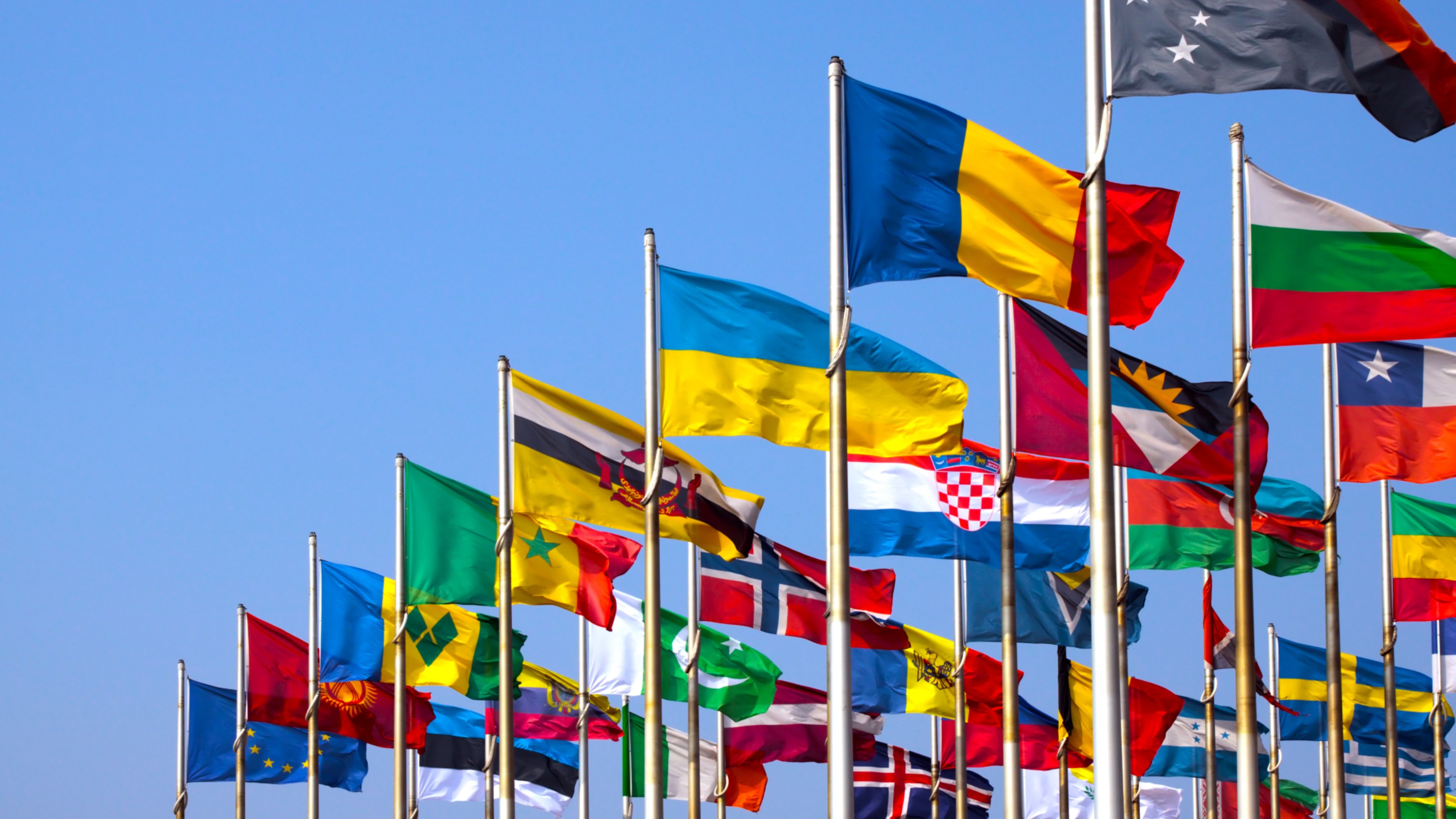The top-down approach to combating Islamic extremism is not working. Organizations such as Al-Qaeda and its affiliates, as well as Islamic State and Boko Haram, are enjoying a dangerous level of popularity. Cultural change cannot be forced upon a people; it must materialize from within. True and meaningful reform can only begin on the grassroots level. To defeat radical Islam, populism must succeed where war and espionage have failed.
Ayaan Hirsi Ali: Today I read a report by the United Nations saying the spread of Islamic extremism across the world, and especially the countries that seem, you know, so many people of different nationalities seem to be going to the Islamic state or Al Qaeda or — that is on the rise and there's this helplessness. And we've tried military means; we're still trying them. We've tried counter surveillance means. And those means they answer certain problems, but there's not ideological confrontation.
I don't think that the answer lies in some top-down solution. I think the answer lies in figuring out who are the people who will most benefit from the change and what is it that they will, you know, what are the tools? How can we reveal these tools of manipulation to them and how can we get them best to unite?
Within this mass of humanity, we were subscribed to Islam, there's something simmering. There are changes. People are being pinched in many different ways. If you're a woman, you're sexually harassed. You're subjected to honor killings. You're subjected to a force marriage. There's suffering. Your children are denied education. If you're a little boy you, are subjected to a whole host of cruelties. You're probably taken advantage of, sexually abused. There's all of these going. There's people are thinking; they're getting together and the means are there. The Internet, if you can read and write, but before the Internet there was audio and radio and video and all that.
If you look at a mass of one-fifth of humanity, 1.5, 1.6 billion people and you think I'm going to look for some leader up there who's going to manipulate them all like puppets, which is what we have been doing the last however many hundred years, and we are now coming to the conclusion it doesn't work that way, but at the same time we find ourselves through technology that there is a bottom-up variant. Do you remember Occupy Wall Street? It came out of nothing. The Ferguson, Baltimore demonstrations. All of us, as far as we know, it was a bottom-up event, something bad happens and then poof, the masses are out there demanding their heads. But there's something simmering in there.






